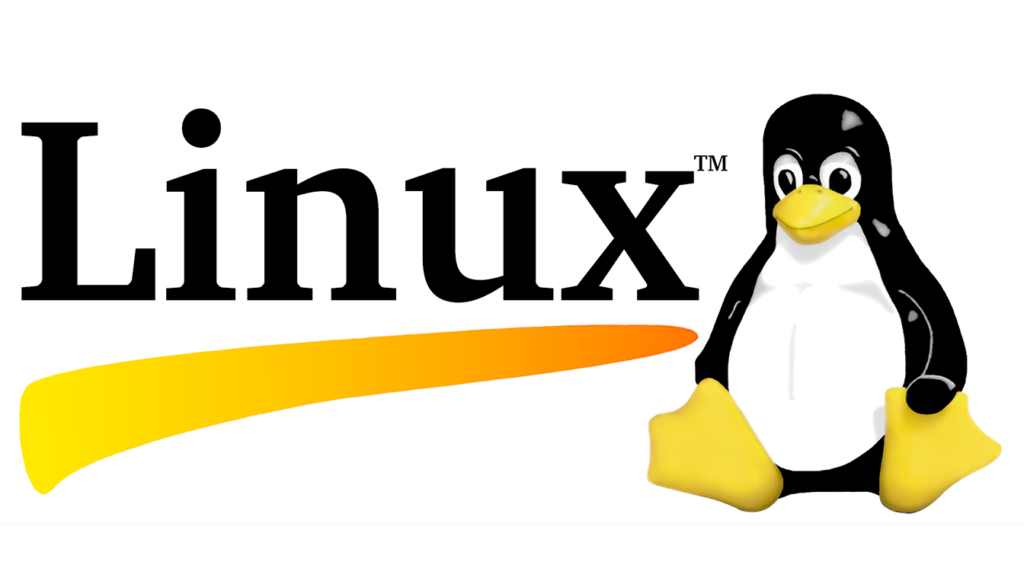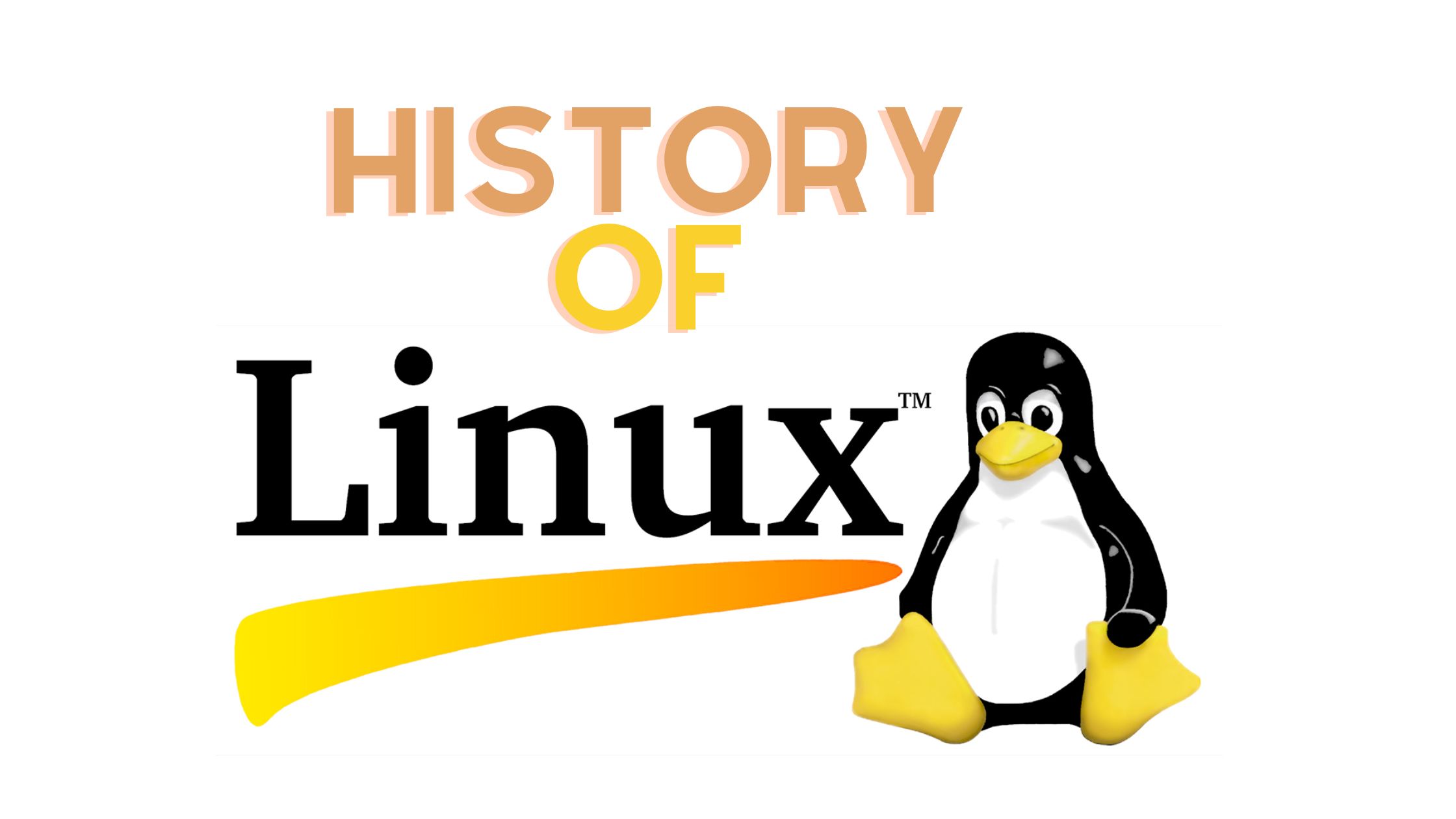Linux, the ubiquitous operating system powering everything from web servers to supercomputers, has a fascinating history. Let’s delve into its origins and how it rose from a student project to a global phenomenon.
Birth of the Kernel (1991):

Our story begins in 1991 with Linus Torvalds, a Finnish computer science student. Inspired by Unix, Torvalds embarked on creating his own operating system kernel, the core that manages a computer’s resources. He initially developed it for his personal use but later released it online, seeking collaboration from other programmers.
The Power of Open Source (1983):
While Torvalds’ kernel was a crucial piece, the operating system puzzle wasn’t complete. Enter the GNU Project, founded in 1983 by Richard Stallman. Their goal? A free, open-source Unix-like operating system. The GNU Project provided essential utilities, but lacked a kernel.
The marriage of these two open-source projects proved magical. Torvalds’ powerful kernel, coupled with GNU’s user tools, formed the foundation for a complete operating system. Importantly, both projects championed open-source principles, allowing anyone to freely use, modify, and distribute the software.
From Student Project to Global Player:
Linux’s open-source nature fueled rapid development. Programmers worldwide contributed to its growth, fixing bugs, adding features, and customizing it for various purposes. This collaborative spirit fostered a robust and secure operating system.
Over time, Linux carved a niche for itself. Its low cost, high security, and customizability made it the darling of web servers and internet systems. Today, Linux powers a vast array of devices, from servers and workstations to even some smartphones (think Android).
Also Read: User Mode and Kernel Mode: Understanding Operating System Fundamentals
Linux: A Testament to Open Source

The story of Linux is a testament to the power of open-source collaboration. From a student’s passion project to a global phenomenon, Linux’s journey highlights the potential of freely shared and developed software. So, the next time you browse the web or use a Linux-based device, remember the spirit of open source innovation that made it all possible.
